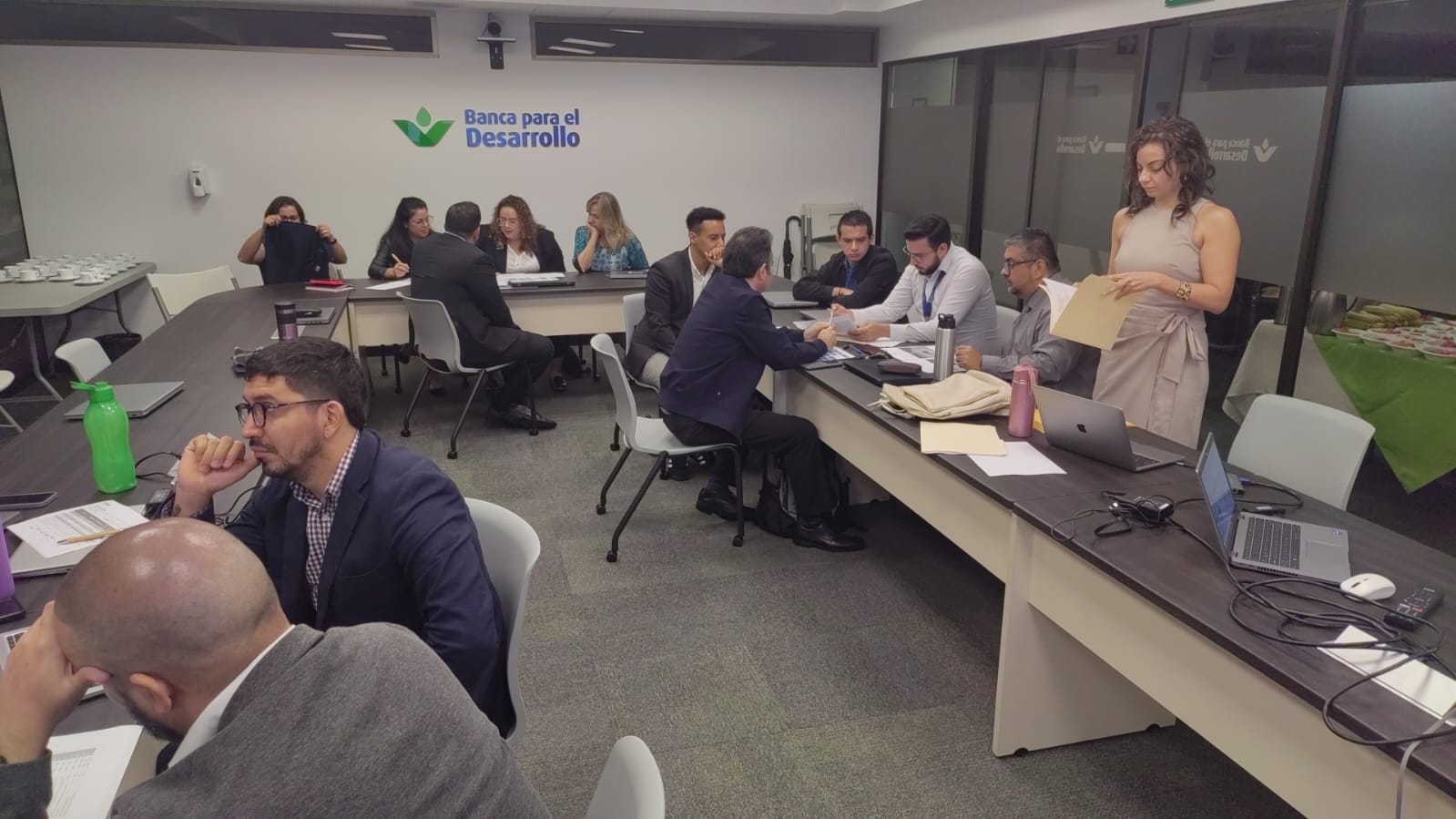Incorporating Climate Change into the Strategy of SBD
SBD Strategy Planning
SBD / Juan Gabriel Alpízar
The Development Banking System (SBD), a second-tier financial entity of the Costa Rican state, has the mandate to provide financing for vulnerable individuals in rural Costa Rica at favorable rates, particularly focusing on women and youth. Though there are existing institutional policies and strategies at national and territorial levels, there are large gaps in integrating climate change adaptation as an investment priority for financial entities.
Until recently, climate change and the concepts of climate resilience and ecosystem-based adaptation (EbA) have been largely absent from the agenda of SBD. However, by providing training and capacity-building on these topics, the SBD can now pave the way for the development of innovative financial products and the enhancement of existing ones.
Additionally, developing monitoring and evaluation systems for financial products helps measure the impact of adaptation measures integrated into local enterprises' business models. This strengthens transparency and builds trust among the financial sector, beneficiaries, decision-makers, and international financiers.
• Strong regulatory framework and public policies that incorporate climate change adaptation into national and territorial development strategy.
• Clear political commitment and alignment with the national climate agenda.
• Active institutions mandated to provide financial resources for rural ventures.
• Flexibility to modify existing financial instruments to include adaptation criteria.
• Strong institutional capability to collect, evaluate, and strategically use monitoring data
• Building an enabling institutional framework for financing adaptation measures requires time and inter-institutional commitment. A staged approach with concrete steps allows for orderly progress and helps identify areas for improvement when scaling.
• Developing or adapting effective financial products requires close coordination and active consultation between the financial sector and potential clients.
• Integrating adaptation criteria into financial products needs a broad conceptual framework that encompasses both gray and green adaptation measures. The availability and channeling of international funds at competitive rates helps facilitate the financing of climate-resilient financial products.
